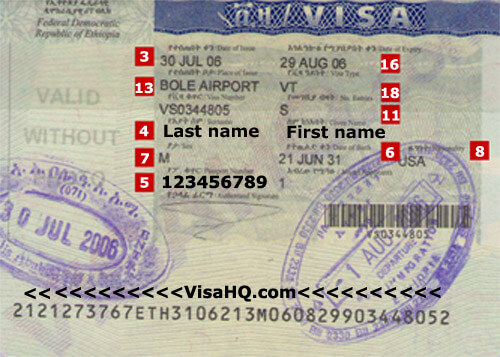Ethiopia Embassy list in Tanzania
Need help?Chat with us
Why Trip Registration at the Ethiopia Embassy is Important
Registering your trip with the Ethiopia embassy is crucial for the safety and well-being of travelers. In emergencies such as natural disasters, political unrest, or medical crises, the embassy serves as a lifeline, enabling swift communication and support. For instance, during earthquakes or floods, the embassy can provide updates on safe areas and evacuation procedures. In cases of political instability, registered travelers can receive alerts and advice on safety measures, ensuring they are well-informed. Additionally, if a medical emergency arises, being registered allows the embassy to assist in accessing local healthcare services and provide necessary support to injured or ill nationals. Thus, trip registration enhances security, facilitates prompt communication, and ensures travelers know they’re not alone, making their journeys more secure and enjoyable.
Ethiopia Embassy FAQs
Can the Ethiopia embassy assist in legal issues abroad?
Yes, the Ethiopia embassy can provide guidance and support in legal matters, including connecting you with local legal services.What should I do if I lose my Ethiopia passport in Tanzania, United Republic of?
If you lose your passport, report the loss to the local authorities and contact the Ethiopia embassy for assistance in obtaining a replacement.Are there specific services for students or expatriates?
Yes, the embassy provides tailored support for students and expatriates, including assistance with education-related inquiries and guidance on living in Tanzania.How can I get information about travel advisories?
Travel advisories and updates can be obtained directly from the embassy’s website, or by contacting the embassy for the latest information.
Services Provided by Ethiopia Embassies in Tanzania, United Republic of
Passport Services
- Issuance of new passports
- Renewal of existing passports
- Lost passport replacement
Visa Issuance for Foreign Nationals
- Visa application processing
- Information on visa requirements
Assistance in Legal or Medical Emergencies
- Legal guidance and referral to local lawyers
- Support in medical emergencies, including healthcare access
Travel Alerts and Safety Updates
- Regular updates on safety and security conditions
- Alerts regarding natural disasters or political crises
Support for Nationals Detained Abroad
- Assistance in consular cases and legal representation
Summarized Diplomatic Presence
The Ethiopia diplomatic presence in Tanzania consists primarily of an embassy located in the city of Dar es Salaam. This mission plays a pivotal role in fostering bilateral relations between Ethiopia and Tanzania by promoting economic, cultural, and political ties. The embassy engages in various diplomatic activities, including trade promotion, humanitarian assistance, and education collaboration. The Ethiopian government values this presence as crucial for maintaining international relations, providing consular services to its citizens abroad, and working on mutual interests in the region to enhance cooperation and understanding between the two nations.
